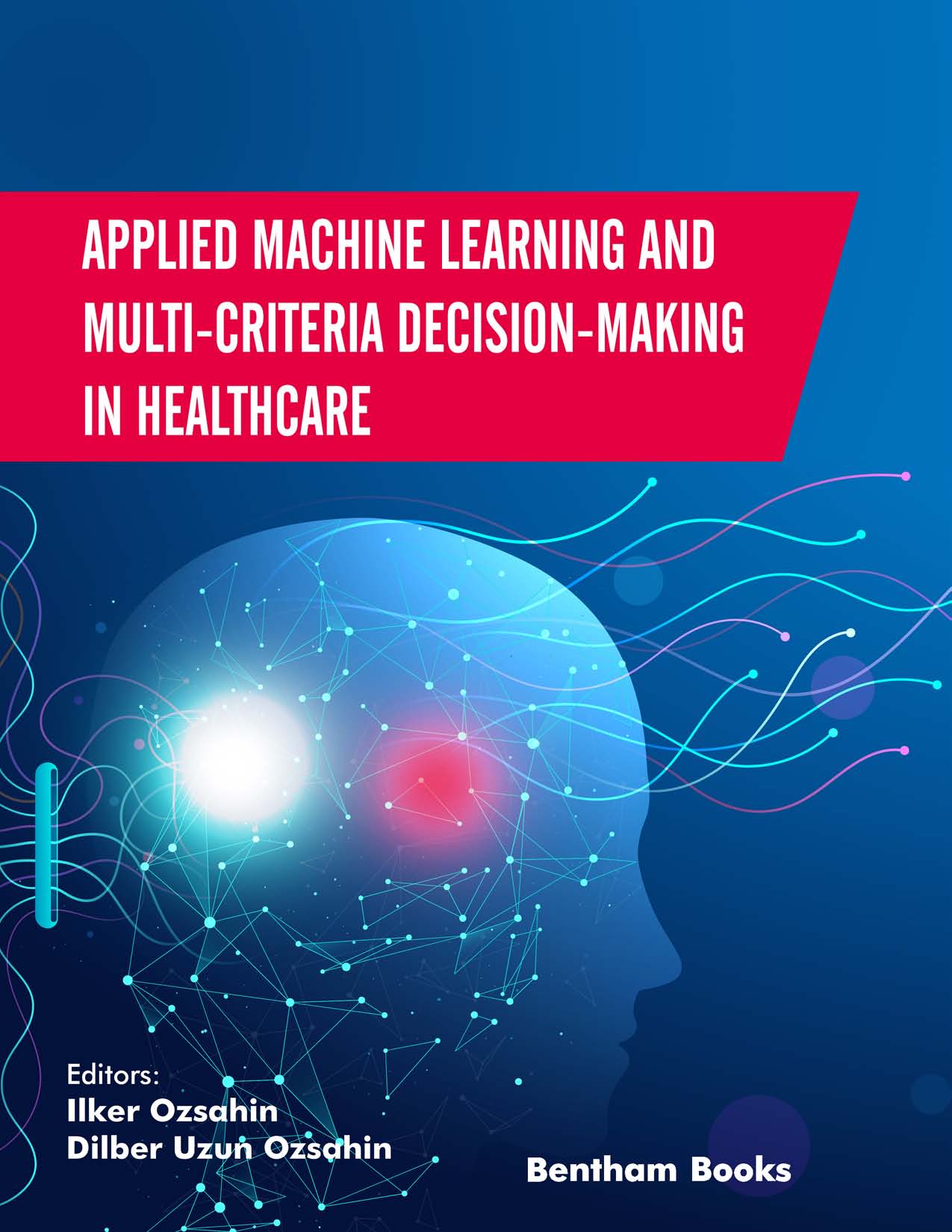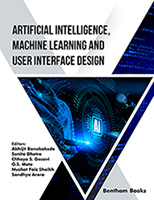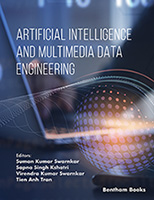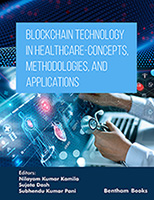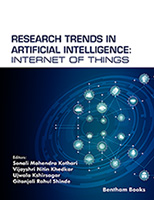Introduction
This book provides an ideal foundation for readers to understand the application of artificial intelligence (AI) and machine learning (ML) techniques to expert systems in the healthcare sector. It starts with an introduction to the topic and presents chapters which progressively explain decision-making theory that helps solve problems which have multiple criteria that can affect the outcome of a decision. Key aspects of the subject such as machine learning in healthcare, prediction techniques, mathematical models and classification of healthcare problems are included along with chapters which delve in to advanced topics on data science (deep-learning, artificial neural networks, etc.) and practical examples (influenza epidemiology and retinoblastoma treatment analysis).
Key Features:
- - Introduces readers to the basics of AI and ML in expert systems for healthcare
- - Focuses on a problem solving approach to the topic
- - Provides information on relevant decision-making theory and data science used in the healthcare industry
- - Includes practical applications of AI and ML for advanced readers
- - Includes bibliographic references for further reading
The reference is an accessible source of knowledge on multi-criteria decision-support systems in healthcare for medical consultants, healthcare policy makers, researchers in the field of medical biotechnology, oncology and pharmaceutical research and development.
Audience:
medical consultants, healthcare policy makers (government and private sector), researchers in the field of medical biotechnology, oncology and pharmaceutical research and development.

